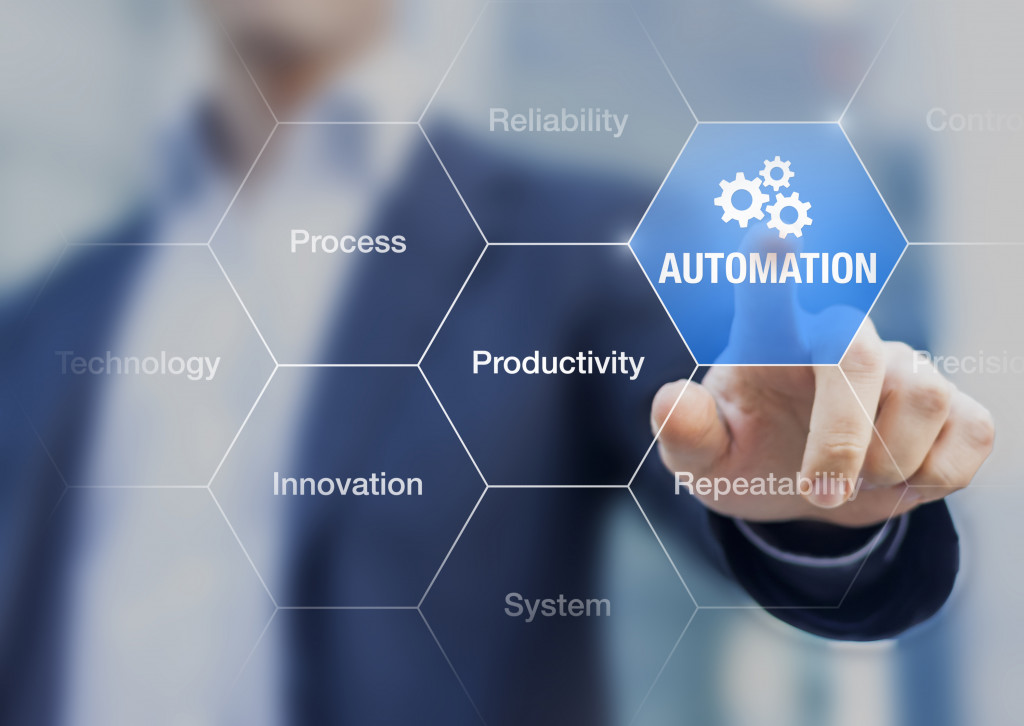It’s 2021 and the world has yet to be dominated by robotic armies signifying the earth’s impending doom. There are still no flying cars zooming around in the skies and solving society’s traffic problem, or teleportation pods that will allow people to travel from one place to another with a snap of their fingers.
All those events are still just based on science fiction and the endless possibilities that the future can offer, but that doesn’t mean that they can be dismissed outright. After all, science fiction has mentioned things like credit cards and traveling to the moon way before they happened in real life.
So who’s to say that those things are impossible? Humans are intelligent beings who continue to prove that they are better and more capable than those before them, and it’s evident in the rapidly developing field of technology. Every day, these brilliant minds make new inventions and discoveries that can help them progress faster into the future.
That’s why it’s unsurprising how much technology is shaping the world today. These innovative technologies have managed to seep into every economic industry, especially in manufacturing. Find out what benefits manufacturers can enjoy if they start using automation in the workplace:
More Efficient Processes
Human beings are intelligent and capable, but they are not machines. They get exhausted from continuously working and would, therefore, need breaks to replenish their energy. Humans, no matter how knowledgeable they are, can also falter at times even without intending to and cause production delays.
This is not to say that human employees should no longer be involved in the manufacturing process, but their participation can be lessened if manufacturers started using automated machines. This is because machines can work faster and deliver finished goods more accurately without decreasing productivity.
For instance, if a manufacturer used automated conveyor systems to transport their goods from one place to another instead of having their employees manually transfer the goods, they can speed up the entire production process. And this can lead to an increase in the overall rate of production.
By using automated processes, manufacturers can improve their repeatability, quality, and accuracy for their finished goods because they have eliminated the possibility of human error from the equation. This can also help them create more accurate timelines because they have reduced the variability in production.
Increases Workplace Safety

Factories are no strangers to workplace accidents. In fact, it’s among the most common places for accidents, injuries, and fatalities to occur alongside construction sites, especially because employees are handling dangerous machinery all the time. Even with safety measures in place, accidents are still bound to happen.
To give you an idea, here are some common injuries that can happen inside a factory: stress injuries caused by repetitive tasks, slip and falls, exposure to harmful chemicals, machine-related injuries, falling objects, and vehicular accidents, such as operating forklifts. All these can pose risks and endanger the lives of employees.
But if those dangerous tasks were transferred onto automated machines, it can immediately minimize the chances for employees to be exposed to that level of risk, ergo, making the workplace safer for everyone. It can also help the employees if manufacturers hold safety training when it comes to operating machines at least once in a while.
Reduces Overall Costs
For manufacturing companies to make money, they will first have to spend money. The operational costs of maintaining an entire factory go into the employee wages, utilities, machinery upkeep, and other expenses during the working day. There can also be substantial losses due to human errors and inefficient procedures.
However, by automating the manual tasks, a manufacturing company can increase their productivity because of more efficient processes, which can lead to higher sales. It can also help them improve their bottom line because the finished goods are more precise, accurate, and are of higher quality than they were before.
And because most automated machines are designed with predictive maintenance, it can alert the operators when there are anomalies in the system or if repairs are warranted. This can reduce the overall machine downtime and the unnecessarily high costs of repairs because the problems can be diagnosed before they become worse, which can then save them more money.
It’s too soon to tell whether a robotic uprising led by a super-intelligent AI will succeed in taking over the world one day. But for now, while the machines are still under the careful control of the human race, it would be a shame to not maximize their potential especially considering how beneficial they are to the economy.
